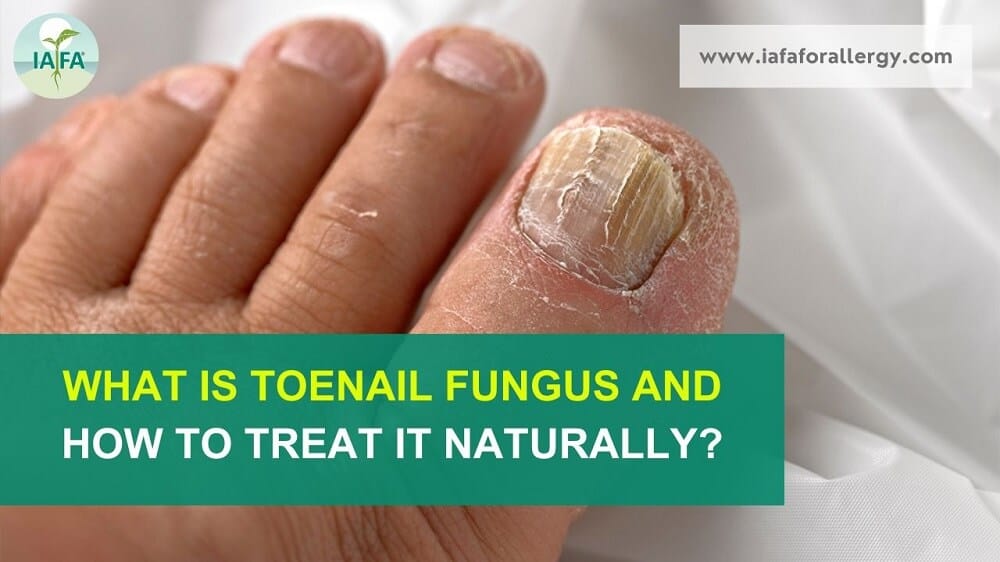Pityriasis versicolor is a fungal illness that causes regions of skin to change color (darker or lighter). It is possible to see round to oval patches with dust-like scaling and moderate irritation. In severe Pityriasis versicolor, the marks might merge to create patches. The fungi that cause Pityriasis Versicolor in New York are routinely prevalent on human skin. Many factors, especially warm and humid regions, might raise the chance of creating pityriasis versicolor.
Malassezia globosa is the fungi that causes this illness; it dwells naturally on the skin’s shell but can induce an illness if it grows too large. This fungus demands a humid and hot climate to thrive quickly and cause Pityriasis versicolor. This is why people in tropical environments are more susceptible to this virus than those in cooler climates.
Causes of Pityriasis Versicolor
Malassezia, the yeast that causes Pityriasis Versicolor in New York, may thrive on healthy and normal skin. Pityriasis versicolor can cause due to the following factors:
- Oily skin
- Living in a hot climate
- Excessive sweating
- hormonal imbalances.
- Weak Immune system
People with any hue or skin tone might be affected by the illness.
It can create tension, poor self-confidence, or feelings of self-consciousness in certain people.
Read – Tinea Versicolor: Causes, Symptoms, Do’s, Don’ts, Ayurveda Treatment: Complete Ayurveda Details
Ayurvedic View
Though numerous medications are available for Pityriasis Versicolor Treatment in New York, adopting efficient Ayurvedic and Natural treatments is usually favored due to the low cost and security connected with such treatments.
Ayurvedic Remedies for Pityriasis Versicolor
Ayurveda teaches us how to use nature’s gifts to cure a wide range of problems with no negative side effects. Ayurveda suggests the below-given remedies to treat pityriasis versicolor in New York, USA: –
1) Ginger
Gingerol, which is found in ginger, has powerful antifungal activities. Include ginger in form of tea in your diet it significantly aids in the prevention and treatment of fungal illnesses.
2) Honey
Honey is the simplest home treatment for fungal infections since it includes hydrogen peroxide, which is particularly powerful at killing fungus and bacteria that cause skin diseases. The best approach is to apply raw honey to the afflicted area since it has therapeutic qualities.
3) Grapefruit Seed Extract
According to research, grapefruit seed extract can cure fungal diseases. To do so, combine a few drops of seed extract with a few dashes of water and apply to the afflicted area(s) twice a day.
4) Tea Tree Oil
Tea tree oil, which is innately antibacterial and anti-fungal, is the most commonly used herbal medicine.
When using tea tree oil as a treatment, dilute it with coconut oil. it is a common alternative that also has anti-fungal effects.
The mixture should then be applied to the fungal illness. Never use essential oils straight to a problem area without first using a carrier oil; this might cause serious irritation.
5) Spilanthes
This herb is commonly known as the toothache plant but is also examined as a herbal cure for fungal infections.
Spilanthes possesses potent anti-microbial and anti-fungal capabilities, making it an excellent choice when dealing with tough fungus.
6) Lemongrass
Lemongrass, whether as a herb or as an oil extract, has antifungal qualities that treat Pityriasis Versicolor. It is most commonly used to treat ringworm.
It is most typically used as an oil, and it must be blended with a carrier oil before being applied to the skin. It should be applied to your skin multiple times each day. Making lemongrass tea and leaving the teabag in the afflicted region is another option.
7) Powdered Licorice
Licorice has powerful antibacterial and antifungal effects. According to certain studies, it is an excellent herbal treatment for fungal infections.
To use granulated licorice, dissolve several tablespoons in a cup of hot water. Allow it to simmer for 10 minutes after lowering the heat and stirring to form a paste.
Apply the paste to the afflicted region twice per day once it has cooled enough to touch.
8) Echinacea
Echinacea, often known as purple coneflower, is commonly used to cure colds and flu, but did you know it may also be used to treat Pityriasis Versicolor?
Echinacea is a powerful North American native herbal plant with anti-fungal properties. Echinacea is frequently used with other herbs as a therapy for fungus and treatment against fungal infection.
9) Aloe vera
Aloe vera, which is widely used to soothe the skin, is one of the greatest natural cures for skin and is also an excellent restorative agent for fungal diseases. Because it is antimicrobial in quality, aloe vera kills fungi and germs. It can also prevent yeast development. As a result, it is an effective home treatment for fungal infections.
10) Yoghurt
Yogurt, as we all know, contains probiotic microorganisms. Yogurt’s lactobacillus bacteria produce hydrogen peroxide, which destroys infection of both fungus and yeast. As a result, yoghurt is a good natural treatment for fungal infections.
Conclusion
In Ayurveda, some various methods and cures assist patients to get rid of fungal infections naturally. If you have any queries about this infection you can book your appointment to consult with our health experts.








